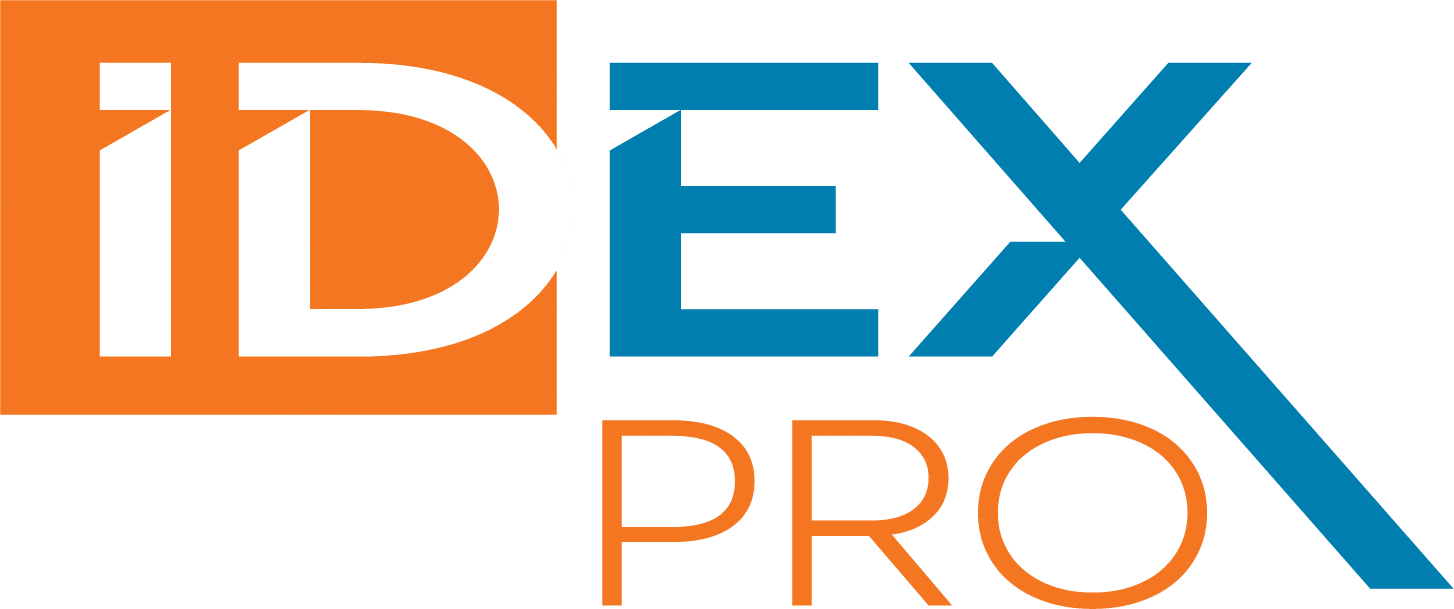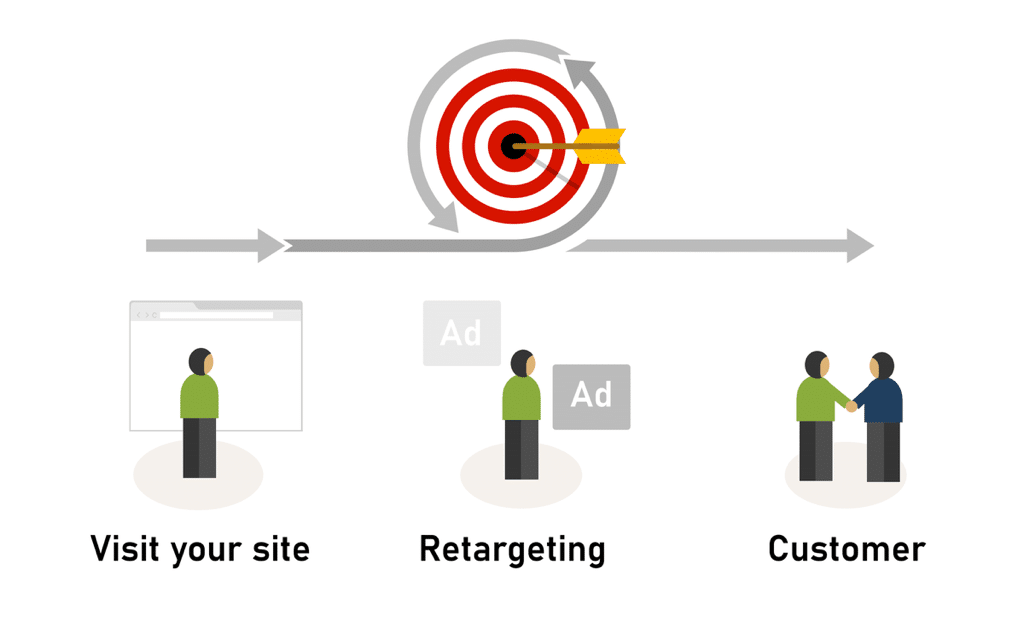In today’s fast-paced digital landscape, businesses and organizations invest heavily in creating compelling websites that attract and engage visitors. However, the real question is: Are you fully leveraging your website’s potential by understanding who visits it?
Whether you are a B2B company looking for qualified leads, a B2C brand aiming to convert website traffic into customers, or a church or nonprofit seeking to connect with new supporters, website visitor tracking can help you turn anonymous visitors into meaningful connections.
This guide explores key aspects of website visitor tracking strategies, helping you unlock new opportunities for engagement, lead generation, and growth.
What Is Website Visitor Tracking?
Website visitor tracking is the process of monitoring and analyzing visitor behavior on your site. Unlike basic analytics, which only provide broad metrics, advanced visitor tracking tools help identify visitors, their interests, and their engagement levels.
This type of tracking can provide critical data, such as:
- Engagement Details – Pages viewed, time spent, and key areas of interest.
- Visitor Identity – Names, job titles, email addresses, and phone numbers (for B2B) or consumer profiles (for B2C).
- Campaign Insights – Traffic sources, keyword data, and marketing effectiveness.
- Company Information – Business name, industry.
By analyzing this data, businesses and organizations can move beyond anonymous website traffic and start building meaningful connections with potential customers, partners, or supporters.
Why Is Website Visitor Tracking Important?
Whether you are a business, organization, or ministry, website visitors are your most valuable prospects. However, 98% of visitors leave without filling out a form—meaning countless opportunities are lost.
With real-time visitor tracking, you can:
✔ Identify high-value prospects in real-time – See exactly who is visiting your site and how they engage.
✔ Personalize outreach efforts – Use insights to create targeted marketing campaigns, donor engagement strategies, or ministry outreach plans.
✔ Increase efficiency – Focus on visitors who have already shown interest, reducing wasted efforts.
By integrating website visitor tracking into your digital strategy, you are not just collecting data—you are enhancing engagement, building stronger relationships, and maximizing growth.
Types of Website Visitor Tracking Solutions
Not all tracking tools provide the same level of insight. Here are the most common types:
- Basic Analytics Tools
Platforms like Google Analytics track broad website metrics, such as pageviews and session duration. However, they lack granular details about individual visitors and do not identify specific leads.
- IP-Based Tracking
Some tracking solutions use IP addresses to determine company names and general locations of visitors. While useful for B2B businesses, IP-based tracking does not provide specific visitor identities.
- Advanced Visitor Identification
The most powerful tracking tools go beyond basic analytics and IP tracking. These platforms identify individual visitors, provide detailed contact information, and integrate seamlessly with CRM and marketing automation tools.
For B2B businesses, B2C brands, nonprofits, and churches looking to convert website traffic into real relationships, investing in an advanced visitor tracking solution is essential.
The Pros and Cons of Website Visitor Tracking
✔ Pros:
✅ Enhanced Insights – Understand visitor behavior, interests, and engagement.
✅ Targeted Engagement – Personalize marketing and outreach efforts based on visitor data.
✅ Higher Conversion Rates – Turn website traffic into qualified leads, donors, or members.
✅ Shorter Sales or Engagement Cycles – Reach potential customers, supporters, or visitors earlier in their journey.
✖ Cons:
❌ Cost Considerations – Advanced tracking tools require an investment, but the ROI often outweighs the initial costs.
❌ Learning Curve – Teams may need time to fully utilize visitor tracking tools.
Despite these challenges, businesses and organizations that implement effective visitor tracking often see significant improvements in engagement, conversions, and long-term relationships.
Key Features to Look for in Website Visitor Tracking Tools
When selecting a visitor tracking solution, consider these essential features:
✔ Real-Time Alerts – Get instant notifications when a high-value prospect, potential customer, or donor visits your site.
✔ Actionable Data – Access names, job titles, company details, or consumer insights to tailor outreach.
✔ Behavioral Insights – Track visitor journeys, including pages viewed and referral sources.
✔ Seamless CRM & Marketing Integrations – Sync visitor data with your sales, outreach, or donor management tools.
A robust visitor tracking solution transforms your website from a passive digital presence into a powerful engagement tool—whether for sales, marketing, fundraising, or community-building.
Unlock Your Website’s Full Potential
Your website is more than just a digital storefront—it is a goldmine of potential leads, customers, donors, or church members waiting to be uncovered. However, without the right tools, valuable prospects may remain anonymous, and engagement opportunities can be lost.
With IDEX Pro, you get:
- Comprehensive Visitor Insights – Access up to 40 data points per visitor to understand who they are, what they need, and how they engage with your site.
- Real-Time Prospect Identification – Identify high-intent prospects instantly, gaining insights into their preferences and interests.
- Advanced Visitor Tracking – Go beyond basic analytics with individual visitor identification, contact data, and seamless marketing integrations.
- Cost-Effective & User-Friendly Solutions – Benefit from a powerful, intuitive platform that provides immediate value without a steep learning curve.
Ready to take your website visitor tracking to the next level?
👉 Sign up for a free 14-day trial today and discover how IDEX Pro can supercharge your business, organization, or church growth.

